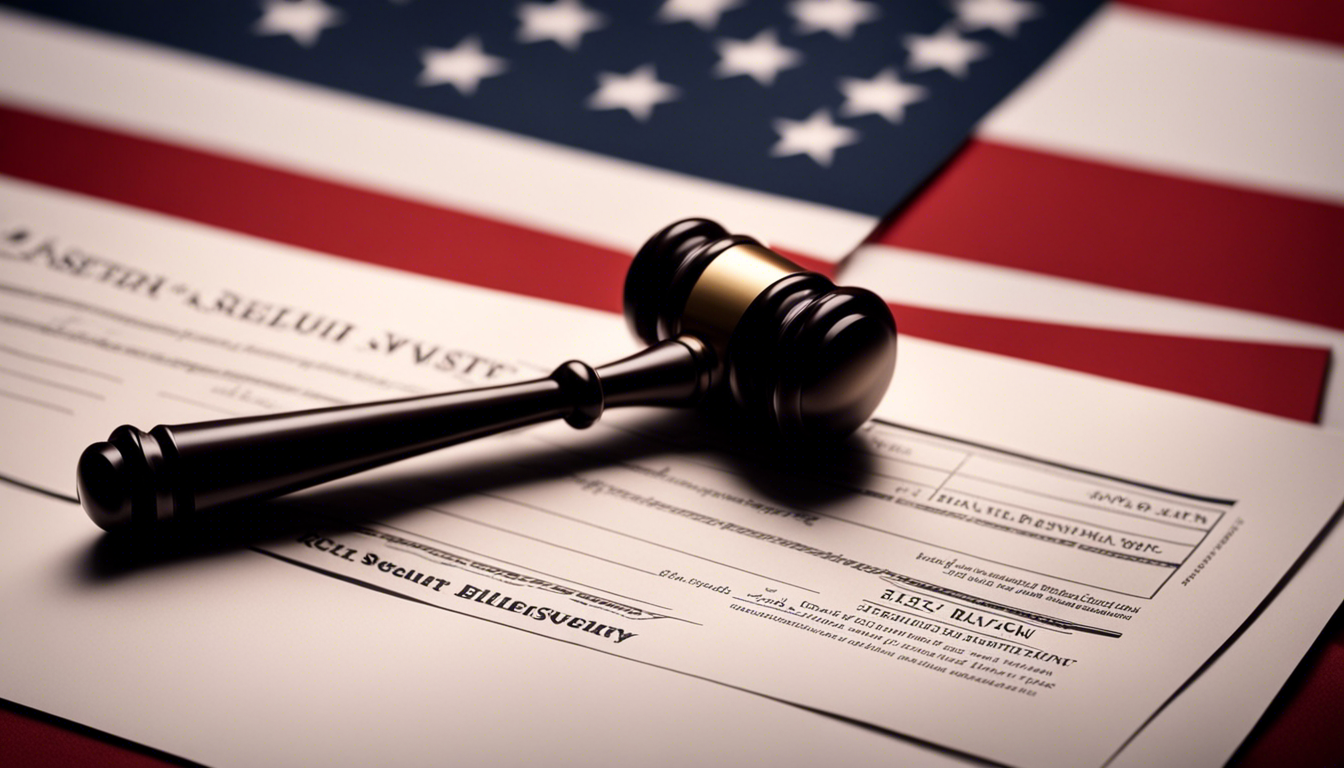
Maine Supreme Court Refuses to Consider Appeal on Trump Ballot Status

Maine Supreme Judicial Court Declines Intervention in Trump Ballot Eligibility Case
The Maine Supreme Judicial Court has decided not to intervene in the case regarding former President Donald Trump's eligibility to appear on the state's ballot for the upcoming primary elections. This decision upholds a previous ruling that stated the U.S. Supreme Court must first address a similar case in Colorado before a final determination can be made.
The Background of the Case
Maine Democrat Shenna Bellows had initially determined that Trump did not meet the ballot qualifications under the insurrection clause of the U.S. Constitution. However, a judge suspended this decision, pending the U.S. Supreme Court's ruling on a similar case in Colorado.
The Maine Supreme Judicial Court's Unanimous Decision
In a unanimous decision, the Maine Supreme Judicial Court dismissed Bellows' appeal, upholding the order for her to await the U.S. Supreme Court decision before taking any action to withdraw, modify, or uphold her decision to keep Trump off the primary ballot on Super Tuesday.
Reasoning Behind the Decision
The court addressed concerns raised by the Secretary of State, who argued that uncertainty about Trump's appearance on the primary ballot could lead to voter confusion. However, the court stated that this uncertainty was a key factor in their decision not to immediately undertake appellate review in this particular case.
Implications and Time Constraints
The tight timelines leading up to Maine's March 5 primary add further complexity to the situation. With the U.S. Supreme Court set to hear arguments on the Colorado case on Feb. 8, and Maine already beginning to mail overseas ballots, the urgency of resolving this issue is evident.
Legal and Political Significance
The case at hand holds significant legal and political implications. Section 3 of the 14th Amendment, which prohibits those who have "engaged in insurrection" from holding office, has never been addressed by the nation's highest court. Some legal experts argue that this post-Civil War clause is applicable to Trump due to his actions following the 2020 presidential election and the events at the U.S. Capitol.
Trump's Response and Allegations
Former President Trump has contended that Bellows should have recused herself, alleging bias against him. He also claimed that her actions were part of a broader effort to disenfranchise voters in Maine and to prevent him from appearing on the ballot.
Bellows' Position and Commitment to the Legal Process
In response, Bellows, who was elected by the Democratic-controlled Legislature, emphasized her obligation under state law to make a determination after several residents challenged Trump's right to be on the primary ballot. She placed her decision regarding Trump's ballot eligibility on hold pending judicial proceedings and expressed her commitment to abide by the court's final decision.
Share news















